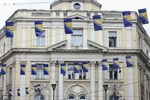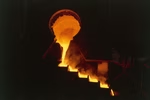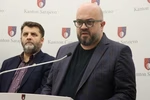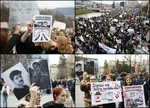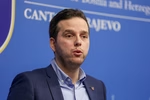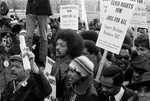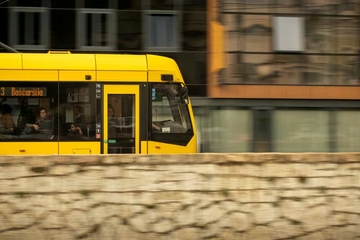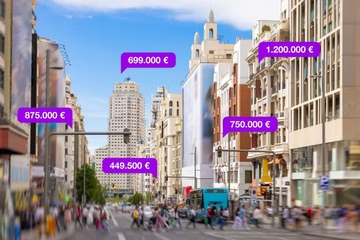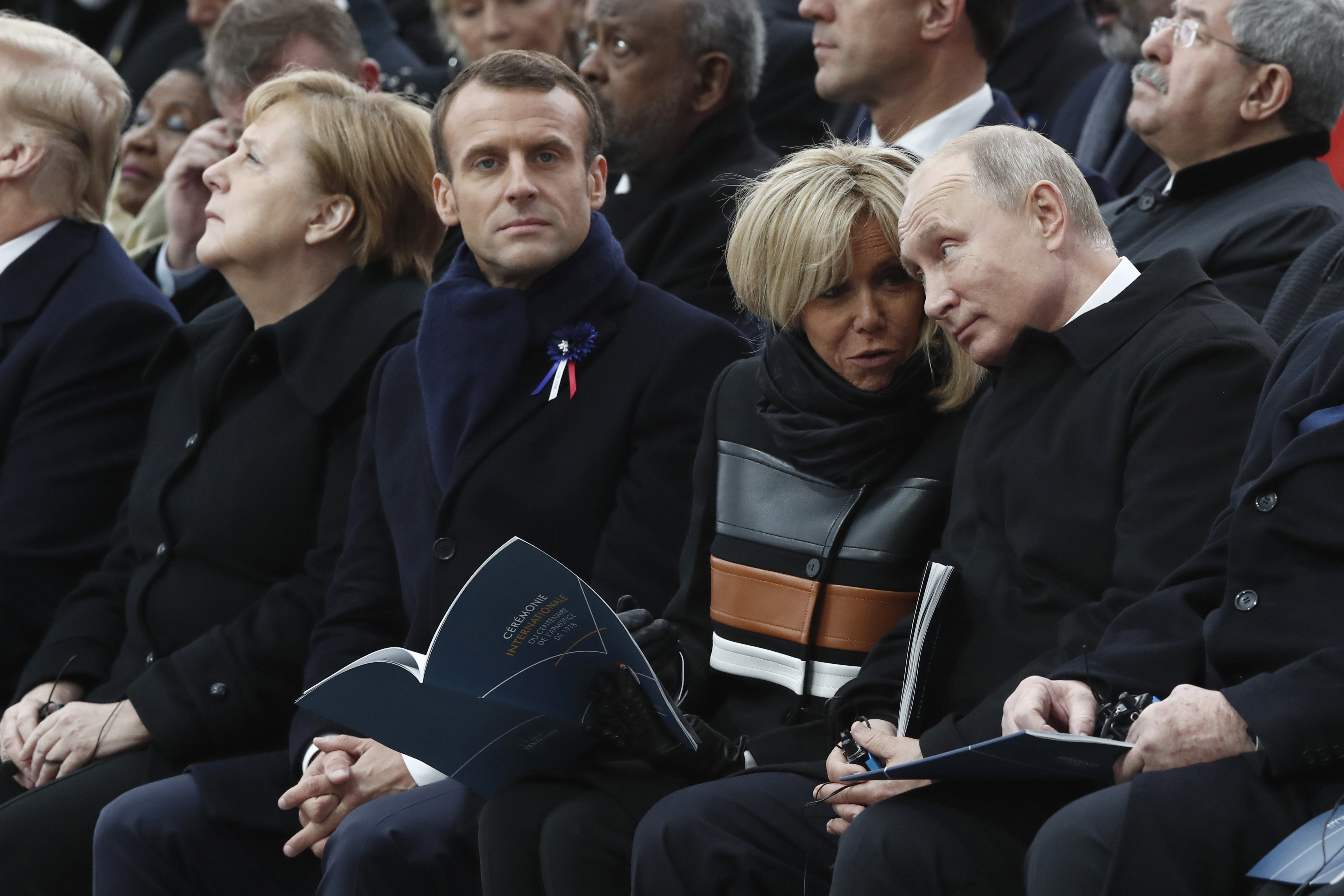
Marking the breakout of peace after World War I, President Donald Trump on Sunday heard a dire warning from his host: the forces that led to the slaughter are resurgent.
Oglas
Trump and dozens of his global counterparts gathered at the Arc de Triomphe in central Paris to mark 100 years since the nightmares of World War I ended; a conclusion brought about partly by the entry of the United States into the bitter, nationalism-fueled conflict.
But decades later, as living memories fade of the trenches and the poison gas, nationalism is on the rise. It's been fueled by Trump himself, who has proudly identified himself as a nationalist as he advances an "America First" agenda.
In his address, French President Emmanuel Macron, who has emerged as Europe's most vocal sentry against a global tide of nationalism, repeated his warnings.
Oglas
"Patriotism is the exact opposite of nationalism," he said through a translator. "Nationalism is a betrayal of patriotism. By saying our interests first, who cares about the others, we erase what a nation holds dearest, what gives it life, what makes it great and what is essential: its moral values."
"I know there are old demons which are coming back to the surface. They are ready to wreak chaos and death," he said. "History sometimes threatens to take its sinister course once again."
It was impossible to view his remarks as anything less than a rebuke of Trump, who has proudly espoused an "America First" foreign policy.
Trump arrived separately from other foreign leaders to Sunday's armistice centenary ceremonies, which occurred under grey skies and cold drizzle. His counterparts, including Macron, German Chancellor Angela Merkel and Canadian Prime Minister Justin Trudeau, convened at the Élysée Palace before travelling together in motor coaches to the Arc de Triomphe. They walked in a large group to the event site.
Oglas
The armistice that took effect at the 11th hour on the 11th day of the 11th month of 1918 ended what was then the war meant to end all wars. When conflict broke out on the continent two decades later, the United States was again pulled into a bloody battle, cementing its role in maintaining European security.
Visiting Paris this week, Trump has bemoaned the cost to the US of helping maintain European security, insisting countries here do more to protect themselves. The cost of securing Europe is a reliable bête noire for Trump, one he's railed against on the campaign trail and in meetings with his counterparts.
His actions have raised questions about the state of longstanding US relationships.
The man who was once his top European partner, Macron, now appears to have become just another world leader subject to ill-timed insults and jabs. Trump's other counterparts, British Prime Minister Theresa May and German's Merkel, have also been subject to ridicule.
Kakvo je tvoje mišljenje o ovome?
Učestvuj u diskusiji ili pročitaj komentare
Oglas
Kakvo je tvoje mišljenje o ovome?
Učestvuj u diskusiji ili pročitaj komentare
Oglas





 Srbija
Srbija
 Hrvatska
Hrvatska
 Slovenija
Slovenija










